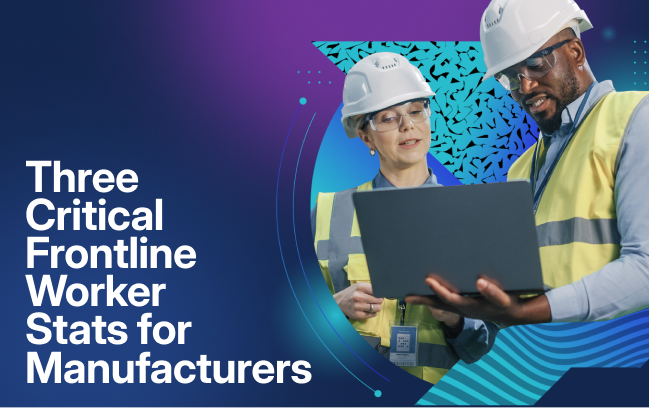May 3, 2017
6 Min. Read

Lots of businesses invest in corporate training for their staff since they see it as a fantastic way to create a great team and improve morale. Often, they’ll take workers away from the workplace to allow them to engage in training without any distractions.
There are a number of methods that training providers utilize to assist individuals attending the class to learn these important lessons. Generally, delegates go into a class room, or comparable surroundings, and learn some theory before playing an assortment of games designed to make individuals work better collectively.
These techniques do work, and might lead to improved efficiency among the delegates, but individuals can often slip back into their old patterns of work as the lessons fade from memory.
As an alternative to class room based techniques, some suppliers now base training around a certain activity, and frequently the one that individuals are unlikely to have tried before. Examples include painting, laser tag, circus abilities, boat obstruction, and so on.
These activities will provide a fun and interesting challenge to employees, while giving them the opportunity to work collectively. These are primarily indoor activities, which avoid any issues with bad weather, while still exposing people to new problems and encounters. It became increasingly popular for companies to use experience training to provide the immediate effects which they demand for their investment.
This typically places employees’ outside their comfort zone. These activities are physically and mentally challenging and will frequently make people confront their own concerns to complete them, but are extremely dependent on the climate.
If a team is unlucky then you could spend the entire time shivering in the cold, as well as taking a few days off work to recover. Climbing can be an excellent activity on a nice day, but isn’t much fun in a blizzard.
When a business wants to invest in corporate coaching for their employees, it’s significant to consider which staff will be attending. Some teams will get more out of certain types of training than others will, but frequently teams may surprise you by what they take away from an event.
Challenging individuals to do anything out of their safe place is a good way to install confidence in them. When someone works with a group of individuals to achieve something it might help every one of them to understand how to work as a team. Both of those desirable traits may have great benefits for the company when they return to the office after training.
In the information age, it is just not good enough anymore. Workers in all sectors, doing every job, need skills and knowledge to do their jobs well. The knowledge about any given job as well as the technical skills to do it shift so quickly that corporate training must be a top priority, ongoing, continuous function of direction.
eLearning platforms assist both the manager as well as the employee to keep up to date with office training conditions. Supervisors have to make certain their employees know how to do their jobs, which means making training accessible – plus this means following training, skill acquisition and proficiency.
In exceptionally controlled businesses, this is even more significant. eLearning platforms, such as Schoox provide a tracking and instruction manual for supervisors. Using eLearning as corporate training provides supervisors an improved instrument for controlling the content of workplace learning.
You could add modules, links and tools on any course in order that workers learn what they truly need to know in their work environment, and to do their job. It’s possible for you to upgrade a class by just altering a link and directing the students to a brand-new article or teaching module.
Proprietary eLearning platforms have been around for several decades, but mainly helped carry out the monitoring and documentation that supervisors need.
Increasingly they’re helping supervisor’s arrange learning activities for their employees using the internet. When employees have access to eLearning as corporate training, it permits them to learn when they have the time, and on the spot when they need the information.
Routine learning, like mandatory annual policy reviews, gets done during quiet times at work or on the clock at other times. When employees need to know anything now, to do their job today, eLearning is accessible. Training can in fact happen just in time, not tomorrow or the following day. Workers have immediate access to the info they need.
In today’s aggressive work world, with info coming at us at the speed of light, and new abilities being required each day, eLearning is necessary. eLearning platforms support administration, and provide the tools employees need to remain competitive.



